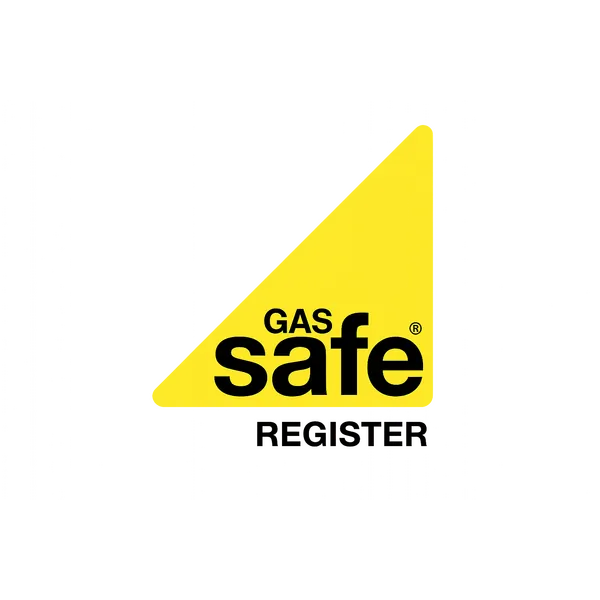Funding and Grants for Energy Efficiency in Social Housing
Social landlords across the UK face a critical challenge: improving energy efficiency in their housing stock while managing tight budgets and rising operational costs. With over 4 million social homes in England alone, and many requiring significant energy efficiency upgrades, understanding the complex landscape of available funding has never been more crucial. This comprehensive guide navigates the key funding schemes, application processes, and strategic approaches that can help social landlords maximise their investment in energy efficiency improvements.
The Funding Landscape: Key Schemes Explained
Social Housing Decarbonisation Fund (SHDF)
The Social Housing Decarbonisation Fund represents the government's flagship programme for upgrading social housing to Energy Performance Certificate (EPC) Band C or better. With £3.8 billion allocated until 2028, SHDF provides crucial funding for fabric-first improvements including insulation, heating upgrades, and renewable energy installations.
Key Features:
- Multi-wave funding rounds with competitive bidding
- Focus on worst-performing properties first
- Requires match funding from landlords
- Comprehensive retrofit approach rather than single measures
Successful SHDF Wave 2.1 projects demonstrated average grant funding of £13,000-£18,000 per property, highlighting the substantial investment available for qualifying landlords.
Energy Company Obligation (ECO4)
ECO4 places legal obligations on larger energy suppliers to deliver energy efficiency measures to domestic premises. For social landlords, ECO4 provides significant opportunities for funding heating upgrades, insulation, and other energy-saving measures.
Strategic Considerations:
- Targets low-income and vulnerable households
- Requires meeting specific eligibility criteria
- Works alongside other funding streams
- Delivered through obligated energy companies
Social landlords can leverage ECO4 to address fuel poverty while improving their housing stock's overall energy performance.
Local Authority Delivery (LAD) Scheme
The Local Authority Delivery scheme empowers local authorities to design and deliver energy efficiency programmes tailored to their communities. Social landlords can partner with local authorities to access this funding stream.
Partnership Opportunities:
- Collaborative projects with local authorities
- Area-based retrofit approaches
- Community-wide energy efficiency initiatives
- Leveraging local knowledge and relationships
Navigating the Grant Application Process
Preparation and Planning
Successful grant applications begin long before the submission deadline. Social landlords should:
1. Conduct Comprehensive Stock Surveys
- Detailed energy performance assessments
- Identify properties with greatest improvement potential
- Prioritise based on tenant vulnerability and energy costs
2. Develop Robust Project Plans
- Clear timelines and milestones
- Detailed costings and procurement strategies
- Risk management frameworks
- Quality assurance processes
3. Build Evidence Bases
- Tenant engagement and consultation
- Technical feasibility studies
- Economic impact assessments
- Environmental benefit calculations
Application Excellence
Competition for funding is intense, with success rates often below 30% for major schemes. Standout applications typically demonstrate:
Strategic Alignment with government priorities including net zero targets, fuel poverty reduction, and economic growth.
Value for Money through clear cost-benefit analysis and efficient delivery models.
Innovation and Best Practice in approach, technology selection, and tenant engagement.
Scalability and Replicability showing how successful approaches can be expanded across wider housing portfolios.
Understanding Match Funding Requirements
The Match Funding Challenge
Most government funding schemes require social landlords to contribute match funding, typically ranging from 20-50% of total project costs. This presents significant financial challenges but also opportunities for strategic investment.
Sources of Match Funding:
- Housing revenue accounts
- Capital programmes
- Recycled savings from reduced void costs
- Energy performance improvements
- Partner contributions
- Commercial financing
Maximising Your Investment
Smart match funding strategies can amplify the impact of government grants:
Leveraged Funding Models combine multiple funding streams to reduce the net cost to landlords.
Phased Approaches use initial grant funding to demonstrate benefits, building the case for further investment.
Partnership Funding brings together multiple stakeholders to share costs and benefits.
How CRG Direct Maximises Available Funding
Expert Navigation of Complex Funding Landscapes
CRG Direct's specialist team brings deep expertise in social housing funding, having successfully secured over £45 million in grant funding for clients across multiple funding rounds. Our approach includes:
Comprehensive Funding Audits identifying all potential funding sources for your housing stock.
Strategic Application Development crafting compelling cases that align with funder priorities.
Partnership Facilitation connecting landlords with energy companies, local authorities, and technology providers.
End-to-End Grant Management
From initial identification through to final claim submission, CRG Direct provides complete grant management services:
Pre-application Support including feasibility studies, cost modelling, and stakeholder engagement.
Application Excellence with dedicated writers ensuring technical accuracy and strategic alignment.
Post-award Management supporting delivery, monitoring, reporting, and compliance.
Innovative Funding Solutions
Beyond traditional grant applications, CRG Direct develops innovative funding approaches:
Blended Finance Models combining grants with commercial financing and energy performance contracts.
Carbon Funding Strategies monetising carbon savings through emerging markets and certification schemes.
Future-proofing Investments ensuring today's improvements deliver long-term value and adaptability.
Case Study: Transforming Social Housing Through Strategic Funding
One of our social landlord clients successfully secured £2.3 million through SHDF Wave 2.1, matched with £1.2 million of their own investment. The project will upgrade 185 properties from EPC Band D/E to Band C, delivering:
- Estimated annual energy bill savings of £420 per household
- Carbon reduction of 680 tonnes annually
- Improved comfort and health outcomes for vulnerable tenants
- Enhanced property values and reduced maintenance costs
This success was achieved through early preparation, robust evidence gathering, and strategic alignment with funder priorities.
The Future of Social Housing Energy Efficiency Funding
Looking ahead, social landlords should prepare for:
Increasing Competition as more organisations recognise the importance of energy efficiency.
Evolving Standards with potential mandatory EPC Band C requirements for social housing.
New Funding Mechanisms including potential carbon trading and green finance products.
Technology Integration as smart home technologies and renewable energy become standard.
Taking the Next Steps
The journey to securing energy efficiency funding begins with understanding your current position and potential opportunities. Social landlords who start planning now will be best positioned to access future funding rounds and deliver the improvements their tenants need and deserve.
With the right expertise and strategic approach, significant funding is available to transform social housing into comfortable, affordable, and sustainable homes for the future.
Ready to maximise your energy efficiency funding? Contact our expert team today to discuss how we can help you navigate the complex funding landscape and secure the investment your social housing portfolio needs.















